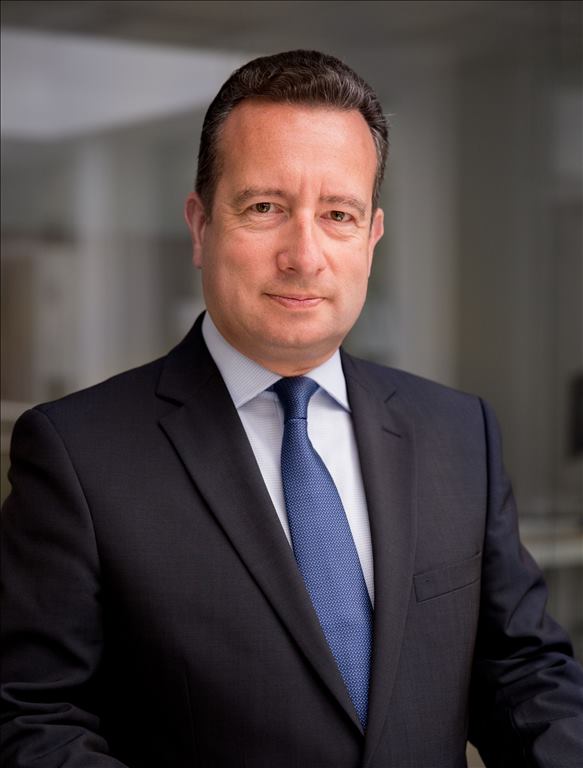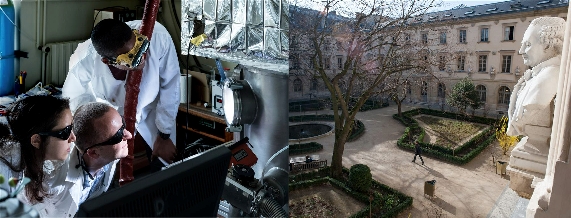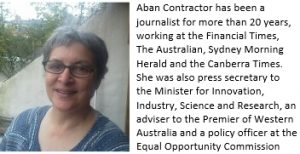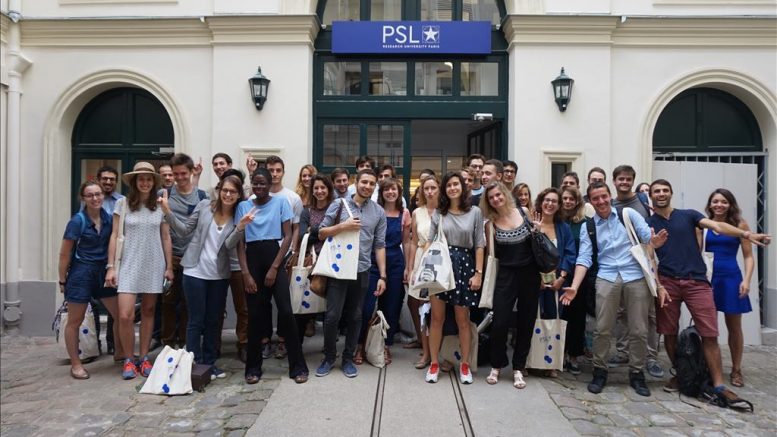A French revolution sees a new grouping of top universities prepare to take on the world, Aban Contractor reports from Paris.
The discussions that followed Britain’s decision to leave the European Union were funereal in tone – at least in higher education circles. More than a year later the mood in the nation’s universities is only slightly better.
Christopher Cripps, Director of International and European Affairs at Paris Sciences & Lettres (PSL) says the referendum result last year left the multi-billion pound global sector in shock, with UK partner institutions wondering what would happen to their hard-won EU research funding, academic collaborations and ongoing ability to attract much-needed overseas student fees.
He told the British Council’s 2017 Going Global conference in London – attended by 900 education leaders, including ministers, rectors, vice chancellors and decision makers, from 77 countries, representing more than 350 institutions – that France, and in particular PSL, would not stand still while Brexit negotiations were hammered out.
“I said: ‘Well, we’re not waiting for anyone, we’re moving forward. Let’s figure out new models to work together in spite of it all. How do we make the best of a lose-lose situation’,” he told Chief-Exec.com yesterday.
“… When we walked into that room at Going Global [in June] everybody was still on edge. In the first word cloud that we did, we asked: ‘Well what’s the first positive result that could come of this Brexit in higher education?’ The biggest word that showed up was ‘nothing’.
“There was a lot of tension in that room at Going Global. UK colleagues are nervous, and understandably so. They could be losing hundreds of millions of pounds or euros by stepping out of the European Union.”
 Speaking in his office in Paris’ 6th arrondissement, Cripps says there is some sympathy for Britain’s universities, but other countries are also working on plans to benefit from their loss.
Speaking in his office in Paris’ 6th arrondissement, Cripps says there is some sympathy for Britain’s universities, but other countries are also working on plans to benefit from their loss.
Would students who are no longer interested in going to the UK look to France? Could France recover some of the faculty and professors that are working in the UK who no longer wish to remain? Could there be a plan to lure them to France?
“Would there be UK universities interested in setting up some sort of joint venture entity here in France to have a foot on this side after Brexit in order to maybe recoup funding?,” Cripps asks.
“… I suggested to the audience at Going Global: ‘Why don’t we talk about creating the post-Brexit generation of British students that actually go out for a significant amount of time during their studies’. If the UK is global, despite Brexit, then maybe this is the time to move from 6 per cent [of students studying overseas] to 10 per cent to 20 per cent. In France it’s over a third.”
Cripps hopes there will be a paradigm shift in what internationalisation means to UK universities. Instead of being predominantly about bringing students in, he would rather consider how they could get more people out of the UK to see the world.
If universities want to remain global they need to create this mind set, this tradition of more study abroad. Study abroad changes lives. Companies in the UK surely want graduates who know how to be operational upon graduation to work worldwide. How can that happen with only 6 per cent of students going abroad, Cripps asks?
‘… Perhaps the UK universities are going to have to swallow hard and walk a few miles in our shoes to reassure us that they still are viable partners. And that’s going to be hard.’
Discussions pursued at Going Global as to how the UK has lost a bit of its gloss because of Brexit and will need to work harder and be more creative in its partnerships.
“In the old days before Brexit, universities such as ours and others from outside the UK, wanting to be partners of universities in the UK, had to be very proactive and convincing,” Cripps says.
“One thing that came out of our Going Global session was that perhaps the UK universities are going to have to swallow hard and walk a few miles in our shoes to reassure us that they still are viable partners. And that’s going to be hard.”
And things are changing. Universities in France have had far greater freedom since 2010 to consolidate, seek new markets and international partnerships.
Earlier this month PSL reaped the benefit of those changes, entering the Times Higher Education World University Rankings “at an eye-catching 72nd position, becoming France’s most highly ranked institution by a comfortable margin”.
PSL was, in part, created in response to the university ranking tables that emerged in the early 2000s where only a few of France’s universities were ranked well. Smaller institutions failed to meet the criteria on Nobel Prize winners, research output and student numbers.
“Showing up on the radar on the world stage was very difficult,” Cripps says.
After the French government gave institutions the capacity to put together their own group PSL was created in 2011, bringing together institutions that were the top in their field to create a comprehensive, diverse university.
“We’re not a consortium, Cripps says. “We are not a club of friends that work together, we are not an association. We are creating a new university made up of member institutions of which some are 200, 300, 500-years-old.”

The Enlighteners of old look down upon the teaching and latest research at PSL
Twenty six organisations belong to PSL. Eighteen are traditional academic institutions and the others are research organisations. There are members, associate members, partners, and research organisations.
“The idea is for us to create one entity with a strong presidency, while still allowing member institutions – which we’d like to start calling schools and colleges – to have their own identity because of their long-established reputation,” Cripps says.
“They benefit from a great deal of autonomy. They’re giving up some of it to PSL – for example the veto power of the president on the budget should it fall out of line with the goals of PSL. That’s a pretty strong one.
“PSL has a research strategy, an education strategy, an innovation strategy, an international development strategy. The aim of this change is to make us more visible on the world stage, make us more competitive on the world stage. When grouped together PSL has 26 Nobel Prizes and 10 Fields Medals.
“We are creating cutting-edge degree programmes, generating inter-disciplinary research together, we have strategic research initiatives. It’s a wonderful coming together of intellectual power.
“We have about 20,000 students. That’s average for the top 200 in the rankings. Every member of PSL is highly selective. There are no mass intakes. It’s not a mass production. We’re made up mainly of Grande Ecoles. There are some institutions with intakes of 80 and some with intakes of 400.”
PSL is 70 per cent post graduate, with 25 per cent of students from overseas. The PhD intake is about 50 per cent international.
Thierry Coulhon, PSL’s second president, is now French president Emmanuel Macron’s higher education and research adviser. He was appointed in May, a few days after the presidential election.
“That’s a big vote of confidence for PSL,” Cripps says.
“The PSL model is something that Macron adhered to – the innovative integration model. We’re doing our best to move forward. … We’re receiving a lot of attention from the outside world when we visit. Universities around the world are interested in, and even fascinated by, what we’re doing.”
‘ … We want our topics to be Brexit defying. In other words let’s look at Europeanism and anti-Europeanism, migration, populism.’
Cripps travels the world talking up PSL and higher education and research in France.
“We have partnerships with New York University (NYU), Columbia, Berkeley, Cambridge, University College London (UCL), Ecole Polytechnique Federal de Lausanne (EPFL), the top Chinese universities, the Australian National University (ANU), and others
“Our goal is to have a small number of partners, but to be able to do great things with them.”
The partnership with Cambridge started in 2014 and is based mostly on social science and humanities projects and science, technology, engineering and maths (STEM). In the past 30 months the university and PSL have co-funded more than 30 projects together.
PSL hopes to renew the agreement with UCL at the end of the year to include collaborative research and student mobility.
“It’s very heavily focussed on the humanities and social sciences areas and we want our topics to be Brexit defying. In other words let’s look at Europeanism and anti-Europeanism, migration, populism etc.
“And try to make sure that what we do when we renew our agreement is seen as being a Brexit-defying type of partnership. We look forward to doing our part to make our post-Brexit UK partnerships as strong, fluid, and effective as possible.”





